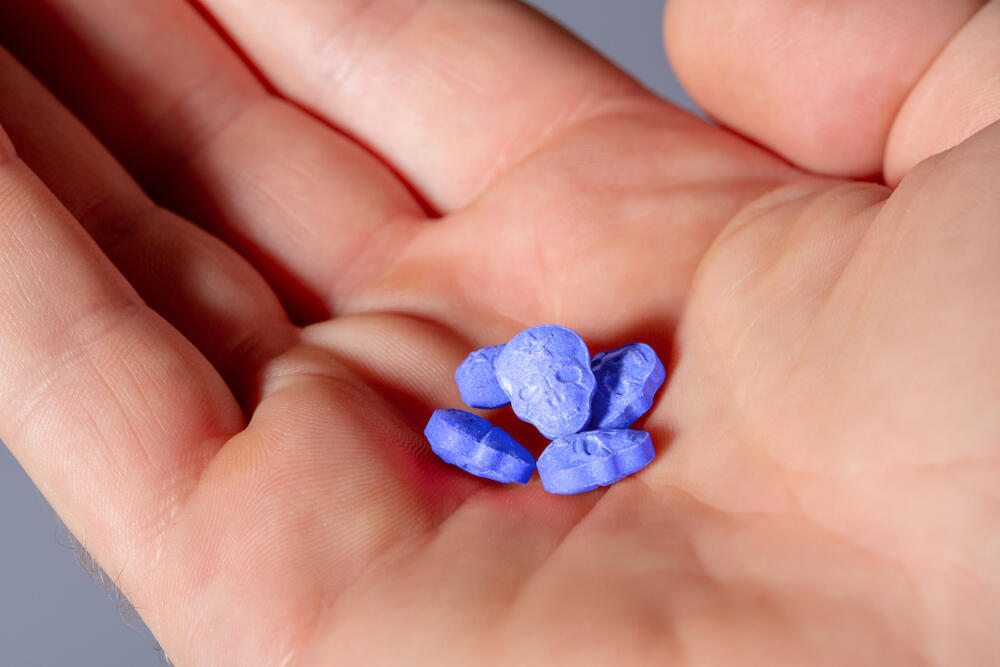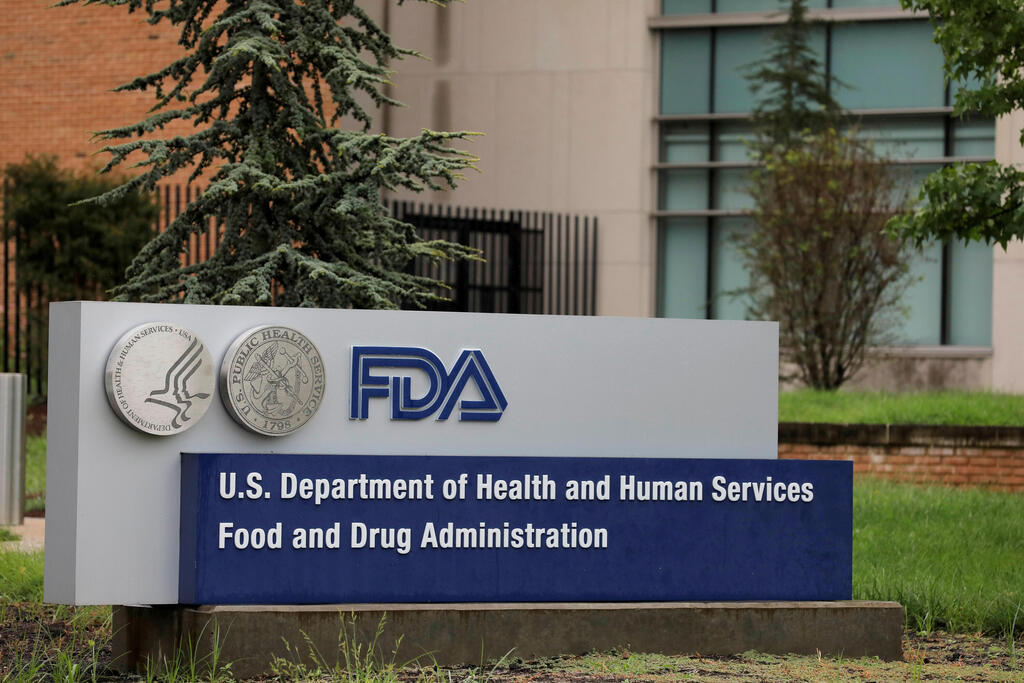The FDA's advisory committee voted 10-1 against recommending the approval of MDMA-assisted therapy for treating PTSD patients, citing concerns that the benefits did not outweigh the risks.
Key concerns raised by the panel included the study design, potential for drug abuse, risks outweighing benefits, lack of diversity in trials, missing patient data, and potential bias from therapists and facilitators.
Panelists criticized the ability of participants to accurately guess if they received MDMA or a placebo, potentially skewing the results.
Concerns were raised about the potential for cardiac side effects, misuse of MDMA, and the long-lasting effects on treating PTSD.
Nine out of 11 panel members stated that the data available did not show the effectiveness of MDMA for PTSD patients.
While clinical trials showed MDMA treatment along with therapy sessions worked better than a placebo in reducing PTSD symptoms, the panel struggled to balance the need for new PTSD treatments with concerns about the data on MDMA.
Some trial participants reported becoming suicidal after taking MDMA, and the majority of panelists were concerned about therapist behavior in the mid-stage study.
MDMA is a Schedule I drug with no accepted medical use in the U.S., and approval would make it the first Schedule I psychedelic drug for medical use.
A trial found that 71% of the MDMA treatment group no longer met PTSD criteria, compared to 48% in the placebo group.
The FDA is expected to issue a final decision on MDMA for PTSD treatment in August, and some experts hope the FDA will address safety concerns instead of denying the drug.
Last year, Australia approved the use of MDMA among other drugs for therapy sessions.
This article was written in collaboration with Generative AI news company Alchemiq
Sources: Reuters, NBC News, New York Times, NPR, Bloomberg, CBS News, USA Today, Nature, BBC, PBS, Forbes, and Financial Times.



